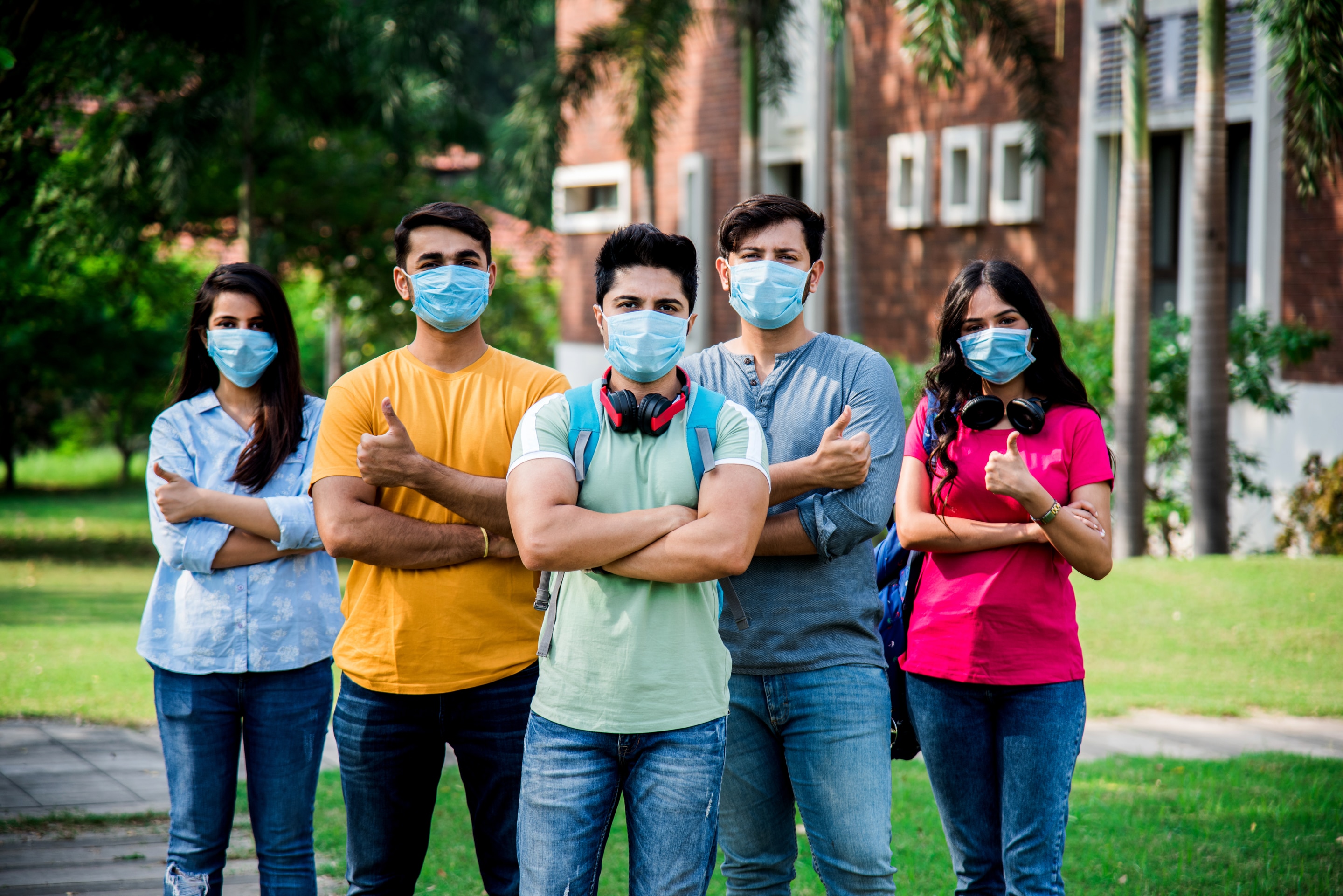What is dysentery?
Dysentery is a nasty bowel infection caused by bacteria or parasites. It thrives in busy, densely populated areas where germs can multiply quickly – and can be passed from person to person through direct contact, or via contaminated food and drink. However, you can reduce your risk by following our guide treating and preventing the symptoms of dysentery.
Dysentery
How to prevent and treat dysentery
Dysentery symptoms:
- Diarrhoea
- Stomach cramps
- Fever
- Nausea and vomiting
- Bloody stools
Dysentery prevention:
Medical practices
Be careful in the kitchen
Is there a risk of dysentery in your area? Then reduce the threat of infection by preparing your food and drink carefully: avoid eating raw fruit or vegetables that you can’t peel yourself. You should also drink bottled water or boil the water for at least one minute before drinking it and cooking with it.
Sip, sip sip
Drink plenty of water throughout the day to replenish any lost liquids – avoiding extremely hot or cold drinks. Why not try a calming peppermint tea or a refreshing glass of sparkling water?
Use a hot wash
Wash the laundry of an infected person on the hottest setting possible.
Hygiene and habits
Keep it clean
The best way to reduce your risk of illness is to strive for the best hand hygiene possible. Washing your hands with soap throughout the day – after using the toilet, before preparing and eating meals, and when bathing yourself or your children – will ensure germs won’t spread to you or your loved ones.
Dysentery treatment:
Wait it out
In most cases, the symptoms of dysentery are likely to subside within a few days without the need for medical intervention. If you are recovering from dysentery, remember that you should stay at home for two days once you’re feeling better, as you may still be contagious.
Stay hydrated
As with all cases of diarrhoea, staying hydrated is essential. Your body loses fluids every time you have a bowel movement, but dehydration can be a very serious condition. To minimize the risk, make sure that you drink bottled or boiled water on a regular basis. You could also use an oral rehydration solution to replace lost salt, glucose and minerals.
Seek medical attention
Antibiotics can be used to treat severe cases of dysentery. If your symptoms have not cleared up within a few days, visit your doctor so that they can advise you on how to proceed.
Dysentery mythbusters
You can get 'used' to your water.
That’s not entirely true… You and your family may get used to certain strains of bacteria – but don’t risk it, because you will not become accustomed to dysentery, cholera, hepatitis, or typhoid.
If water looks clean, it is clean.
Not necessarily! Bacteria are microscopic (you could fit 10,000 of them onto the head of a pin), so make sure you boil any water before drinking.
Medical source : British health authority
References
- http://www.shigellablog.com/shigella-information/
- http://besthealth.bmj.com/x/topic/392848/what-is-it.html




